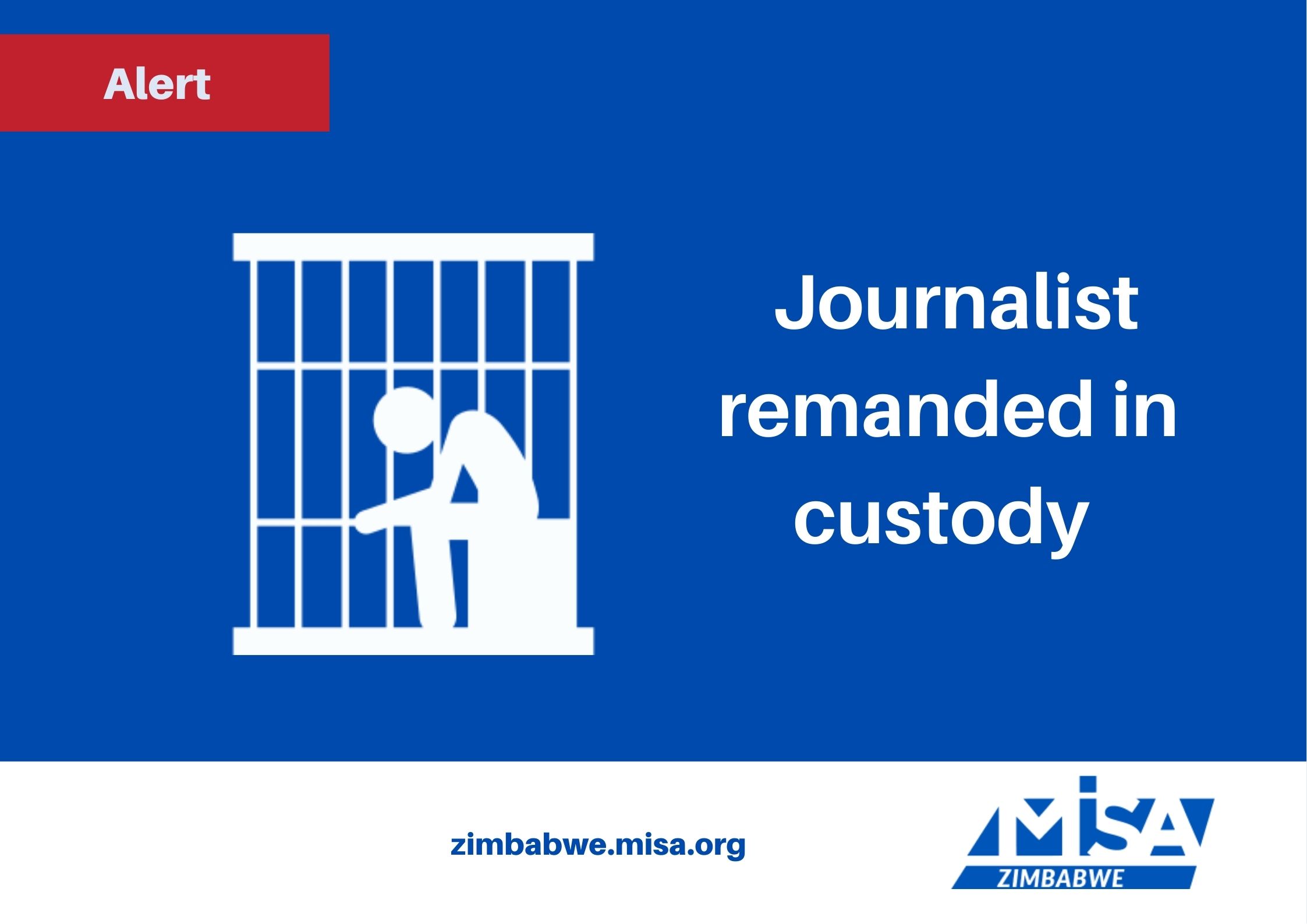Botswana’s democracy credentials have been put on the spotlight once again. In 2014 the Mo Ibrahim report ranked Botswana in eighth position on the category of participation and human rights in which freedom of expression is one of the indicators. The African Media Barometer (AMB) assessment, undertaken late in 2014, has not spared Botswana either.
The findings of the 2014 AMB assessment indicate that if democracy depends on a free, diverse, plural and independent media, then Botswana is not a model as it has always been regarded. This was revealed recently at the launch of the 2014 AMB survey, hosted at Cresta Lodge in Gaborone on July 19, 2015.
MISA Botswana Chairperson Modise Maphanyane summed up the findings by saying of the four categories of the research (Freedom of expression; Media landscape; Broadcasting regulation and Levels of professional standards) the highest grading has been sixty percent. “This leaves us with no cause for celebration unless one’s aim is too low”, mourned Maphanyane.
Kagiso Sekokonyane of the Editors’ Forum who also participated in the survey said AMB is a tool that measures media environment in a country using local resources. “Media and civil society meet to discuss the media situation in Botswana,” he laments.
Attendants appreciated AMB survey and hailed it as true litmus for the media environment in Botswana as it carries voices of the citizens. University of Botswana Media law lecturer Tutwane Letshwiti commended MISA Botswana for the session as he believes it can be helpful to their students’ learning process. He noted that more often students consume information compiled by outsiders who often give out skewed results. Bagaisi Mabilo, BOCONGO Executive secretary advised MISA Botswana to share with members of the public the results of the survey.
The AMB Botswana 2014 survey has revealed that there are many issues which hinder media freedom and freedom of expression in the country. Some of which includes security agencies threatening the media, unfavorable media laws, and lack of editorial independence. The survey however noted that for Botswana to successfully consolidate its democratization process then there is a need for a free, diverse and independent media.
The AMB is an in-depth and comprehensive description and measurement system for national media environments based on the African Commission for Human and Peoples’ Rights (ACHPR) Declaration of Principles on Freedom of Expression in Africa (2002). It is important to note that the declaration was largely inspired by the ground-breaking Windhoek Declaration on Promoting an Independent and Pluralistic African Press (1991) and the African Charter on Broadcasting (2001).
Selected panelists from the civil society and media sectors discuss the media landscape along 39 pre-determined indicators, and thereafter allocated scores. After the indicator discussion, they assessed developments since the previous AMB, and developed a strategy to tackle their main areas of concern.
MISA and fesmedia Africa took the initiative together to start the AMB in April 2005, and only serve as a convener of the AMB-panel and as guarantor of the methodology. The content of the discussion and the report is owned by the panel of local experts and does not represent or reflect the views of MISA or fesmedia Africa.
Botswana had AMB’s in 2005, 2007, 2009 and 2011, but fesmedia Africa, in partnership with MISA and other regional partners, covered 30 African countries, and conducted 90 AMBs by the end of 2014. The 2014 report is available here.
Download the full barometer here.













